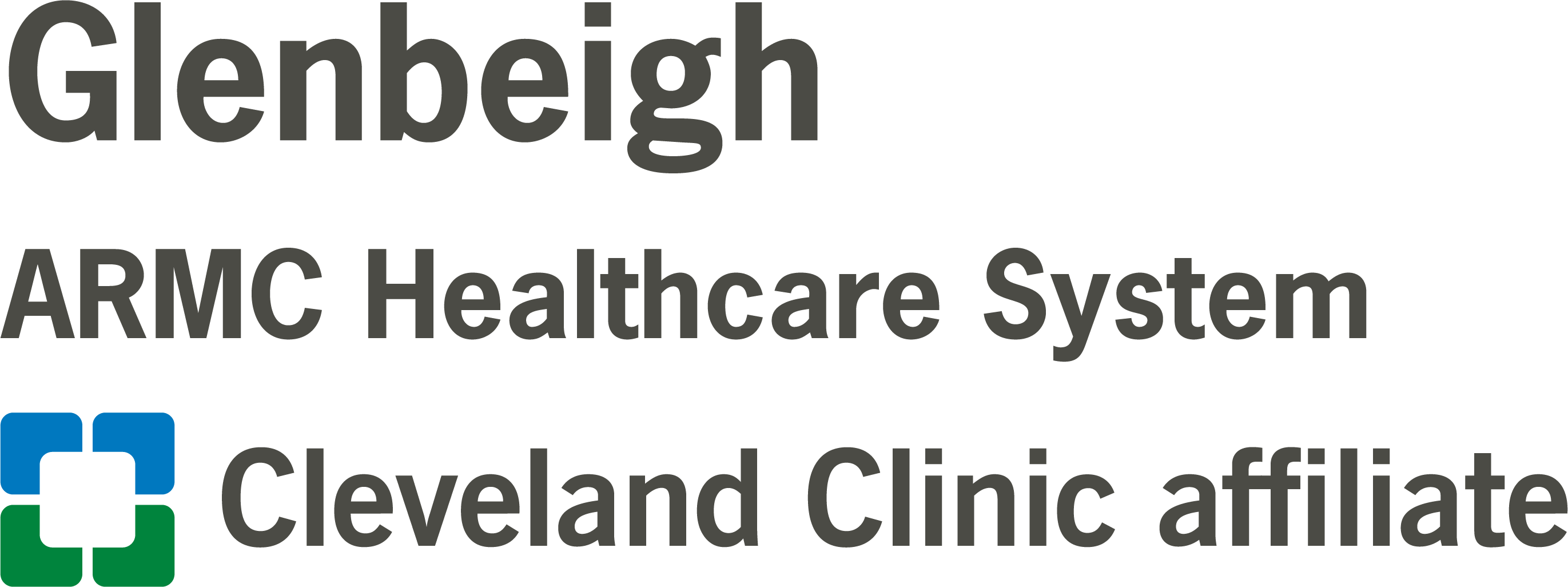When it comes to older adults living with alcohol or drug problems, whether their own or that of someone they love, there are unique challenges to address.
Families and healthcare providers tend to underestimate the prevalence of substance misuse and may unknowingly create barriers to receiving proper care.
Overall, older adults are not screened for substance use disorders when seeking care. Detecting and diagnosing alcohol or drug use in older individuals may be more challenging due to symptoms that can overlap with age-related issues like confusion, memory loss or mobility issues. It can be difficult to determine if a fall was caused by an age-related balance issue, having too much to drink or the misuse of medications.
Other factors may also play a role, as older people may experience loneliness and isolation, preventing their loved ones from bringing potential problems to the attention of healthcare professionals. Certain substance use disorders, such as increased alcohol use or inappropriate prescription medication use, can go unnoticed after retirement, when workplace social connections diminish.
Older adults, like other age groups, may hesitate to seek help for their substance use due to the fear of stigma and shame, which can be more pronounced. Family members may cover for their loved one out of shame. Another consideration is cost for treatment. Glenbeigh accepts many Medicare Advantage plans.
Good health contributes to higher levels of happiness at any age. If you think you or someone you love might need treatment, look for programming that delivers evidence-based care that builds a sustainable foundation in recovery. Evidence-based means treatment is supported by scientific data, has been rigorously tested and works for different people.
Looking for a treatment provider can be an overwhelming process. Glenbeigh’s experienced admissions specialists are available to answer your questions.

